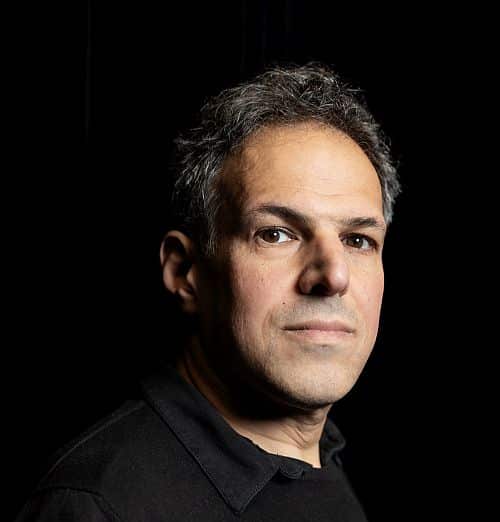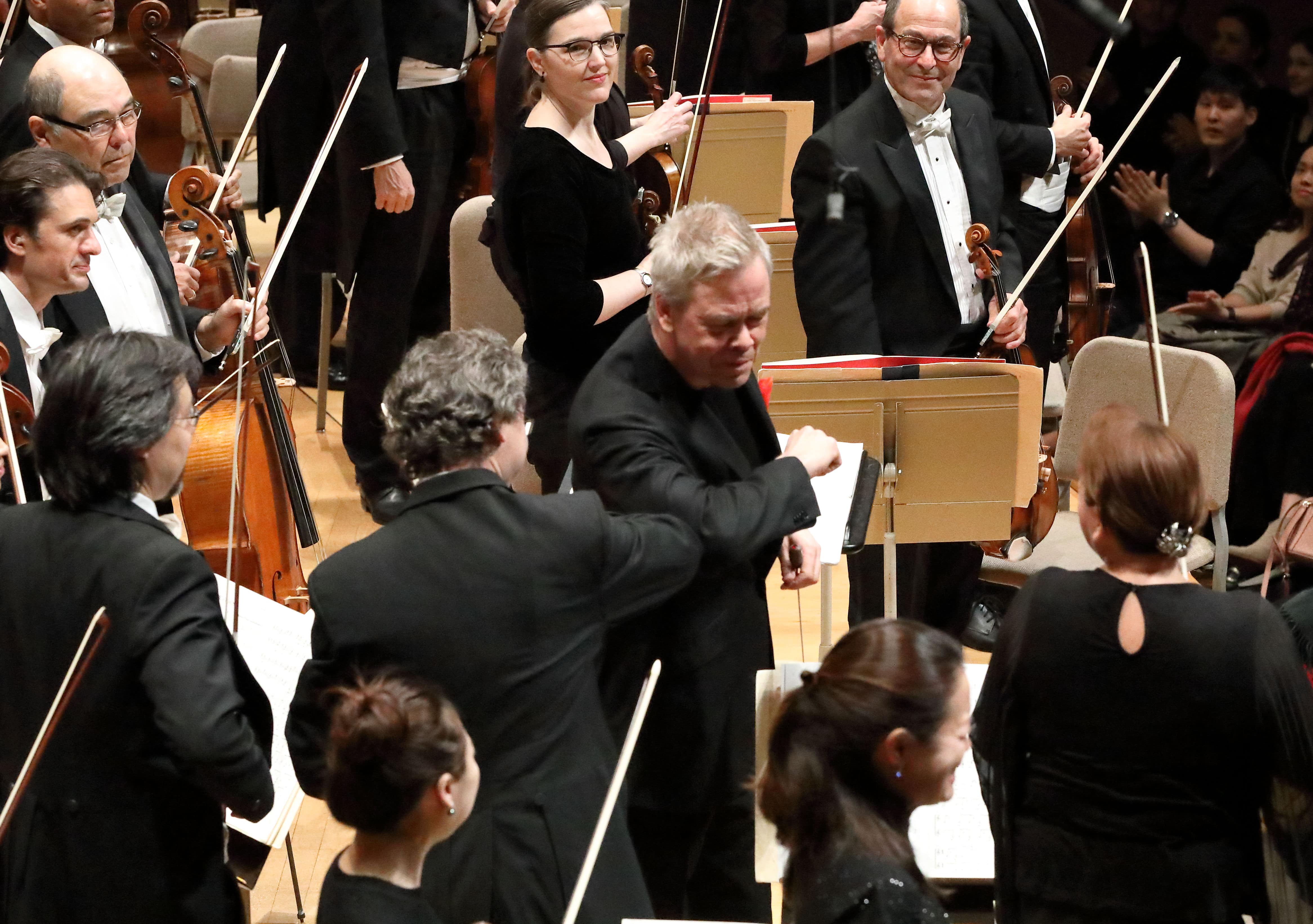Germany has radio orchestras. Questions are being asked
mainThe German magazine Der Opernfreund has compiled a list of tax-funded radio orchestras, supposedly 30 (though some think only 15). The apparent aim of his memo is to generate debate on the function and purpose of broadcast orchestras in a post-radio, internet-dominated environment.
The function is fairly obvious. Germany has 80 music conservatories. It needs a glut of orchestras to absorb the flood of graduates.
Here’s the Opernfreund radio list:
NDR Elbphilharmonie Orchester
NDR Radiophilharmonie
NDR Bigband
MDR Sinfonieorchester
hr-Sinfonieorchester
hr-Bigband
Deutsche Radio Philharmonie Saarbrücken
Radio-Sinfonieorchesters Stuttgart
SWR Big Band
WDR Sinfonieorchester Köln
WDR Rundfunkorchester Köln
WDR Big Band Köln
Symphonieorchester des Bayerischen Rundfunks
Münchner Rundfunkorchester
Deutsches Symphonie-Orchester Berlin
Rundfunk-Sinfonieorchester Berlin
Deutsches Filmorchester Babelsberg
RIAS Jugendorchester
RIAS Big Band Berlin
Rundfunk-Tanzorchester Ehrenfeld
RIAS Tanzorchester
Sinfonieorchester des Süddeutschen Rundfunks
SWR Sinfonieorchester Baden-Baden und Freiburg
SWR Rundfunkorchester Kaiserslautern
Deutsche Radio Philharmonie Saarbrücken Kaiserslautern
Rundfunk-Sinfonieorchester Leipzig
Radio-Philharmonie Leipzig
Rundfunk-Tanzorchester Leipzig
Rundfunk-Blasorchester Sächsische Bläserphilharmoni
Großes Rundfunkorchester Berlin
Berliner Rundfunktanzstreichorchester
Rundfunkorchester des Hessischen Rundfunks







Comments